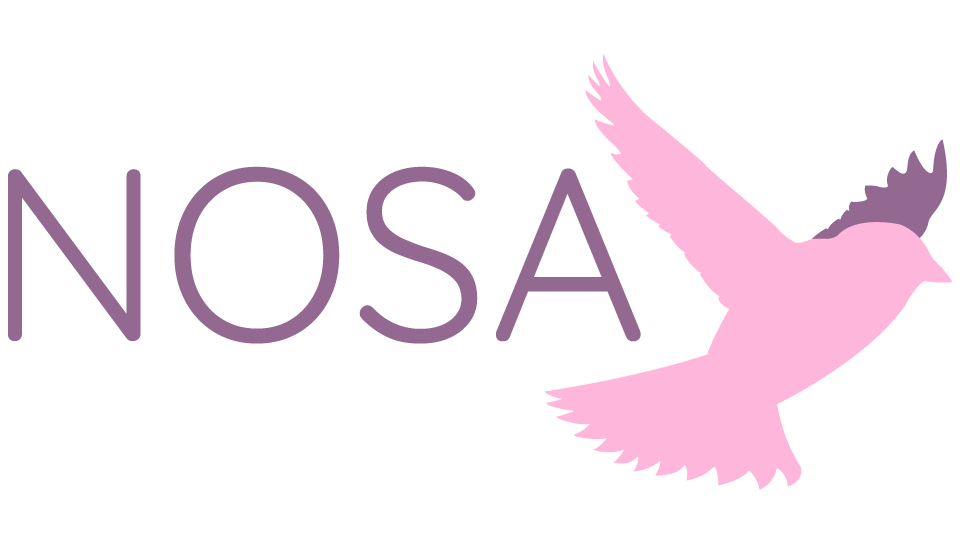hoarding
therapy and treatment

hoarding problems
Lots of people like to collect things and it is normal to have items that you would not want to get rid of. Hoarding only applies when your need to collect things causes distress or significant impact on your day-to-day life. This may include problems discarding objects and making decisions about what you should keep. Likewise, you may experience problems with acquiring items, feeling a compulsion to accumulate things. Until recently, hoarding problems were clinically considered to be a type of Obsessive Compulsive Disorder (OCD) but more recent research suggests this is not the case. As a result, hoarding problems are now treated as a separate condition.
common hoarding symptoms
Hoarding problems have strong links with past experiences of trauma and negative life events. Everyone's story is different and includes variations of similar symptoms. Below are a list of common symptoms associated with hoarding problems:
- Difficulty discarding items regardless of their actual value.
- Positive feelings associated with the accumulation of items regardless of their value.
- Problems making decisions about what you should and shouldn't keep or throw away.
- Limited access to living space and areas of the home, due to the accumulation of items.
- Fear, embarrassment and/or shame allowing people to enter your home.
treatment for hoarding problems
Many people suffering from hoarding problems have already experienced distress regarding people encouraging them to discard their belongings against their will. For this reason, it can be very difficult for them to seek help. For others, they may not feel that their accumulation of items is a problem, instead being encouraged to seek treatment by family or friends. It is not uncommon for the person seeking help to be forced into this position by outside sources including social services or environmental health.
For all these reasons, it is very important for therapists to be particularly sensitive and well informed of these issues, to work closely in collaboration with the patient, developing a trusting relationship and working at a pace that suits them.
The evidence base (research and results of clinical trials) shows that individual and group Cognitive Behavioural Therapy (CBT) can be effective for the treatment of hoarding problems. For most people this will be sufficient. However, those experiencing particularly stubborn symptoms may need a more specialised approach involving more than one therapist.
At NOSA we will take time to assess your individual needs and work in collaboration with you to recommend a treatment package that best meets your goals.
The treatment of hoarding problems can often take a long time and require the help of other mental health professionals, to continue using the techniques learned after treatment sessions have ended.

